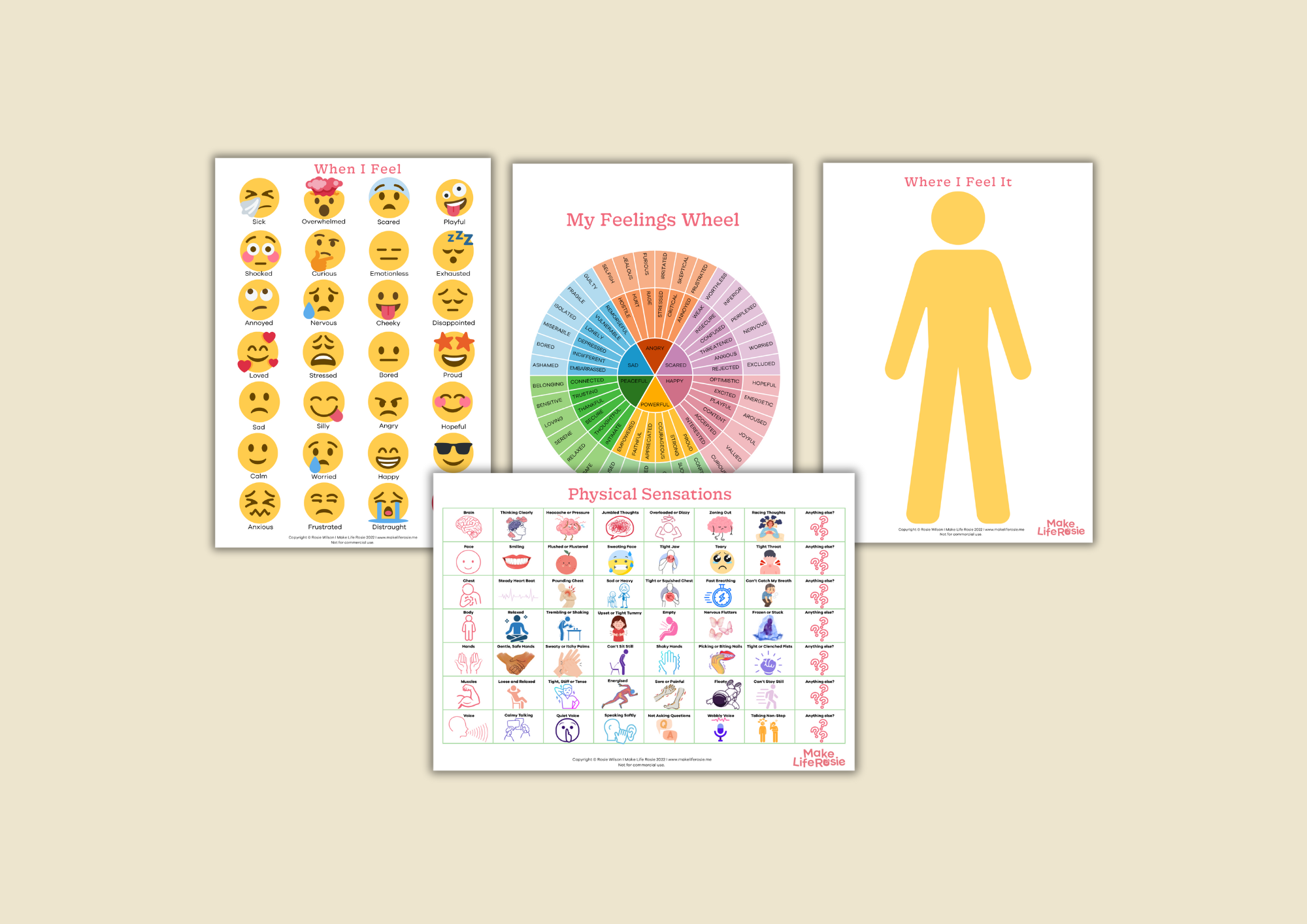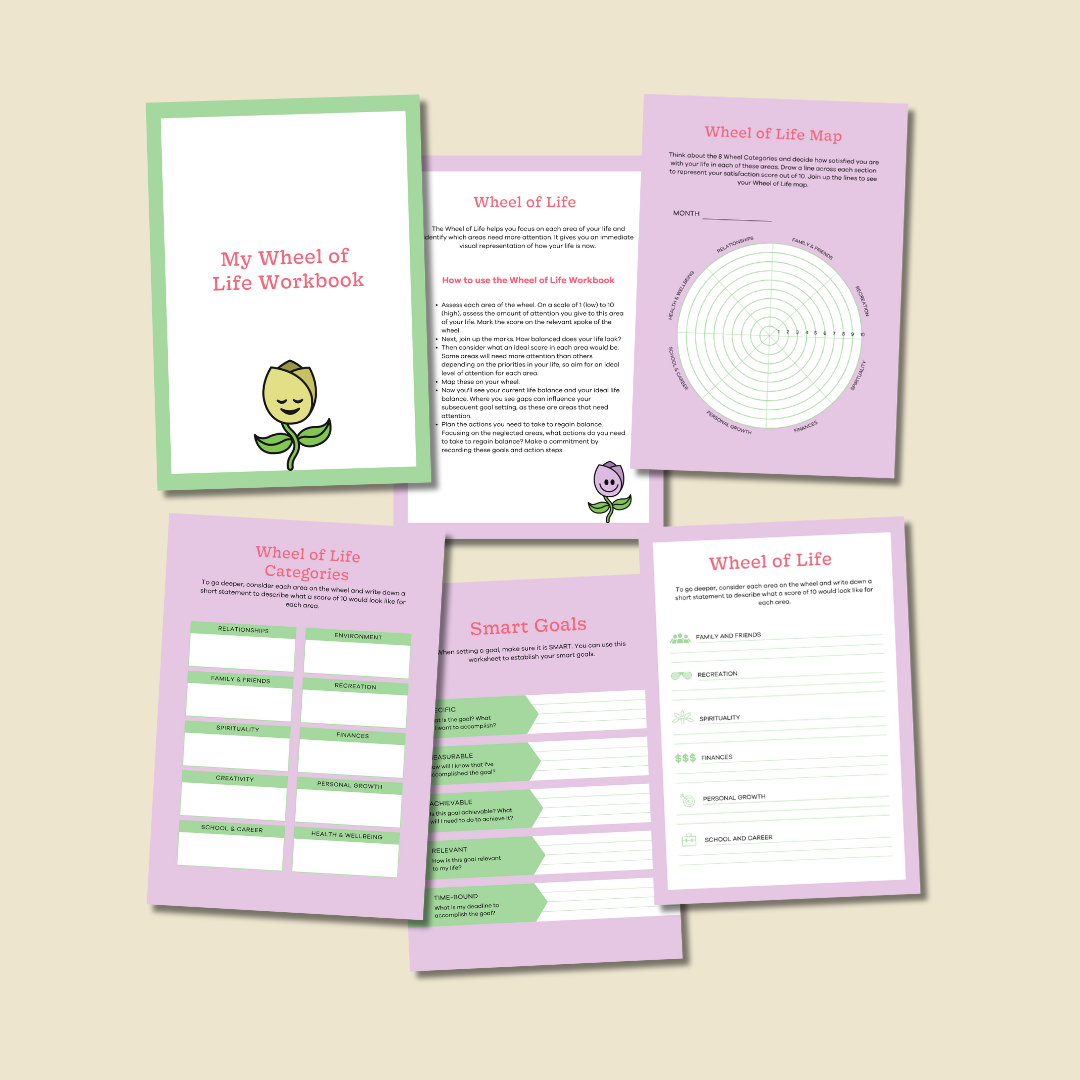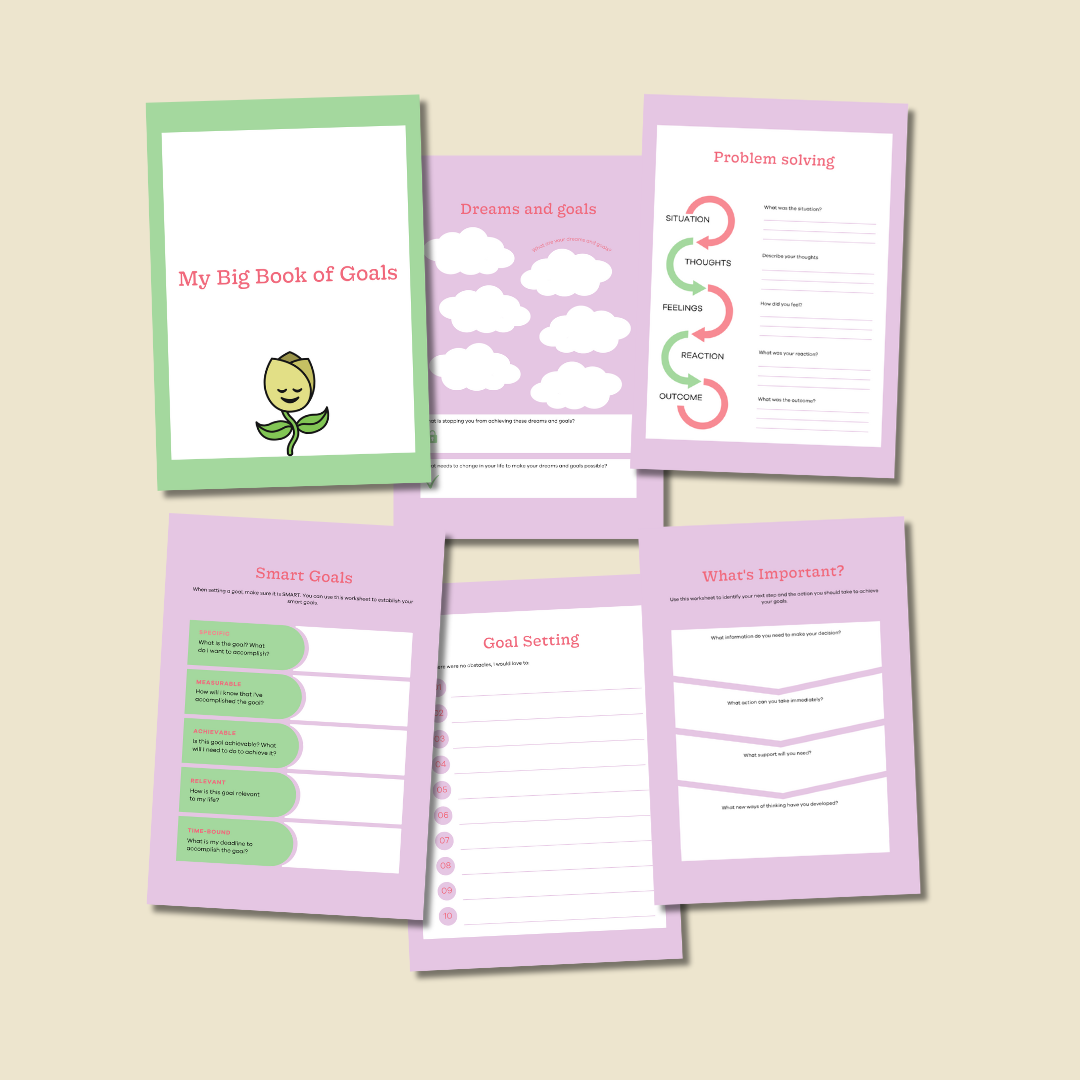Building Self-Esteem in Kids and Teens: A Guide to Confidence and Resilience
One of the most impactful things you can do as a parent or caregiver is to help your child build strong self-esteem. When children and teens feel good about themselves, they’re more likely to succeed in school, build meaningful relationships, and face life’s challenges with confidence.
In this post, we’ll explore why self-esteem is vital, identify factors that can harm it, and share practical tips for helping your child grow into a confident, resilient individual.
What Hurts Self-Esteem? 🧠
Self-esteem doesn’t develop in a vacuum, it’s shaped by a variety of factors. Unfortunately, many common challenges can undermine a child’s confidence, including:
Negative Feedback: Harsh or constant criticism can damage a child’s sense of self-worth.
Comparison: Whether it’s comparing themselves to peers or unrealistic societal standards, children can feel like they’re falling short.
Failures and Setbacks: Without the right support, personal failures can leave children feeling inadequate.
External Pressures: Social expectations, academic demands, and life stressors can weigh heavily on young minds.
Understanding these challenges is the first step in creating a supportive environment that helps your child’s self-esteem thrive.
Why Is Self-Esteem So Important? 🤔
Self-esteem is the foundation of confidence, resilience, and a positive outlook on life. Here’s why it matters:
Encourages Risk-Taking: Kids with strong self-esteem are more likely to embrace new experiences and challenges.
Builds Resilience: Confidence helps children recover from setbacks and face difficulties with determination.
Promotes Healthy Relationships: Positive self-esteem fosters empathy, trust, and respect in relationships.
On the flip side, low self-esteem can contribute to mental health challenges like anxiety, depression, and risky behaviours. That’s why nurturing your child’s self-worth is so important, starting early can set them up for long-term success and happiness.
6 Tips for Raising Confident Kids 💪🏼
Here are practical strategies to help your child build and maintain healthy self-esteem:
1. Provide Opportunities for Success
Encourage your child to participate in activities they enjoy and can excel in, such as sports, music, art, academics, or anything else that sparks their interest. Celebrate their efforts and achievements, big or small, to reinforce their confidence.
💡 Example: “I’m so proud of how hard you practised for your game!”
2. Use Positive Reinforcement
Focus on praising effort and progress rather than just outcomes. For example, instead of saying, “Great job on getting an A,” try, “I’m so impressed by how much effort you put into studying for that test.” This approach highlights their dedication and growth.
3. Encourage Emotional Expression
Create a safe, judgment-free space for your child to express their feelings. Actively listen and validate their emotions, showing them that their feelings are important and respected.
💡 Tip: Phrases like “I understand why you feel upset” can make a world of difference.
4. Teach Resilience
Help your child see setbacks as opportunities to learn and grow. Discuss how failures are a normal part of life and model healthy coping strategies.
💡 Tip: Share your own experiences of overcoming challenges to inspire them.
5. Lead by Example
Children mirror what they see. Demonstrate self-acceptance and self-care in your own life, whether it’s setting boundaries, practising mindfulness, or handling mistakes with grace.
💡 Example: “I made a mistake at work today, but I’ll use it as a learning experience.”
6. Avoid Over-Criticism
Constructive feedback is essential, but harsh criticism can damage self-esteem. Focus on the behaviour, not the child.
💡 Instead of: “You’re so careless.”
💡 Say: “Let’s work on a way to stay more organised next time.”
Self-Esteem in the Teen Years 🤳🏾
Teenagers face unique challenges that can impact their self-esteem, from academic stress to social media pressures. Here are extra tips for supporting your teen:
Encourage Positive Self-Talk: Help your teen identify and reframe negative thoughts. For example, “I failed this test” can become, “I didn’t do well this time, but I’ll prepare differently for the next one.”
Support Their Interests: Encourage your teen to pursue hobbies or activities they’re passionate about, it’s a great way to build confidence and joy.
Promote Assertiveness: Teach your teen to express their needs respectfully and stand up for themselves.
Build a Supportive Network: Help them cultivate relationships with friends and family members who celebrate them for who they are.
How Self-Esteem Shapes Adulthood
Building self-esteem in childhood lays the groundwork for a fulfilling, successful life. Adults with strong self-esteem are more likely to:
Succeed in Careers and Relationships: A strong sense of self-worth empowers them to pursue their goals and maintain healthy connections.
Handle Setbacks Effectively: Resilience helps them navigate life’s challenges with confidence.
Lead Fulfilling Lives: Confidence and self-acceptance contribute to overall happiness and well-being.
The good news? It’s never too early or too late to start fostering self-esteem in your child.
Explore Resources to Boost Self-Esteem ✍🏼
Looking for tools to support your child’s self-esteem journey? I’ve developed a range of resources focused on mindfulness, self-esteem, and resilience to help kids and teens thrive.
💡 Check them out here: Make Life Rosie Resources.
Final Thoughts: The Gift of Self-Esteem 🎁
Helping kids and teens build strong self-esteem is one of the most meaningful gifts you can give them. By nurturing their confidence, resilience, and sense of self-worth, you’re setting them up for a lifetime of success, happiness, and emotional well-being.
Do you have tips or experiences to share about helping kids or teens strengthen their self-esteem? I’d love to hear from you! Reach out via my contact page. Together, we can raise confident, resilient young people who are ready to thrive. 🌱
Rosie 🌹












